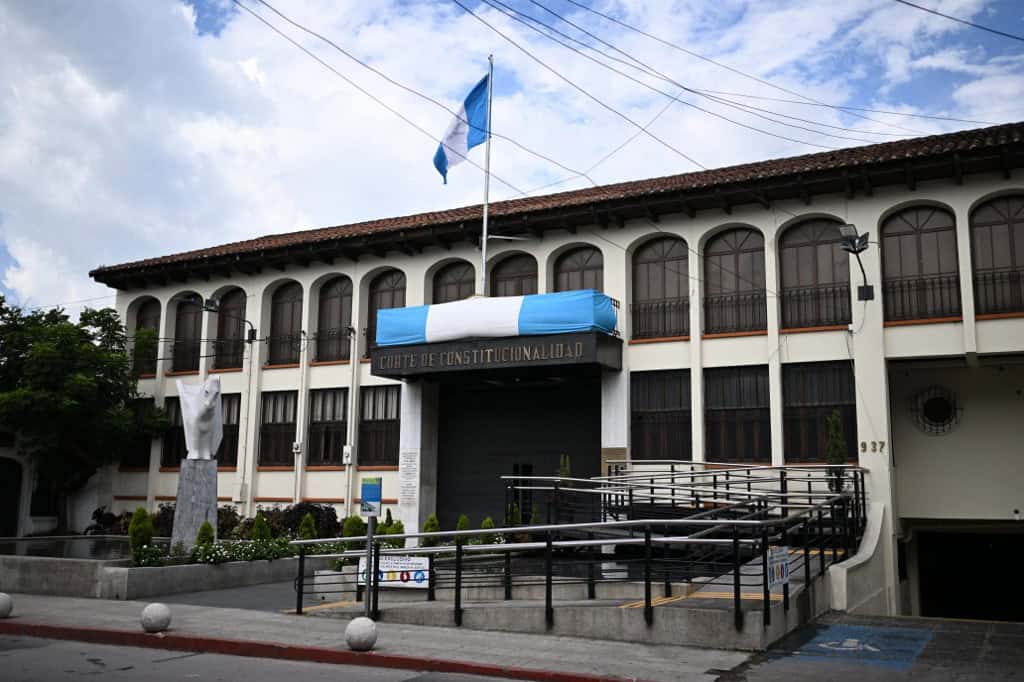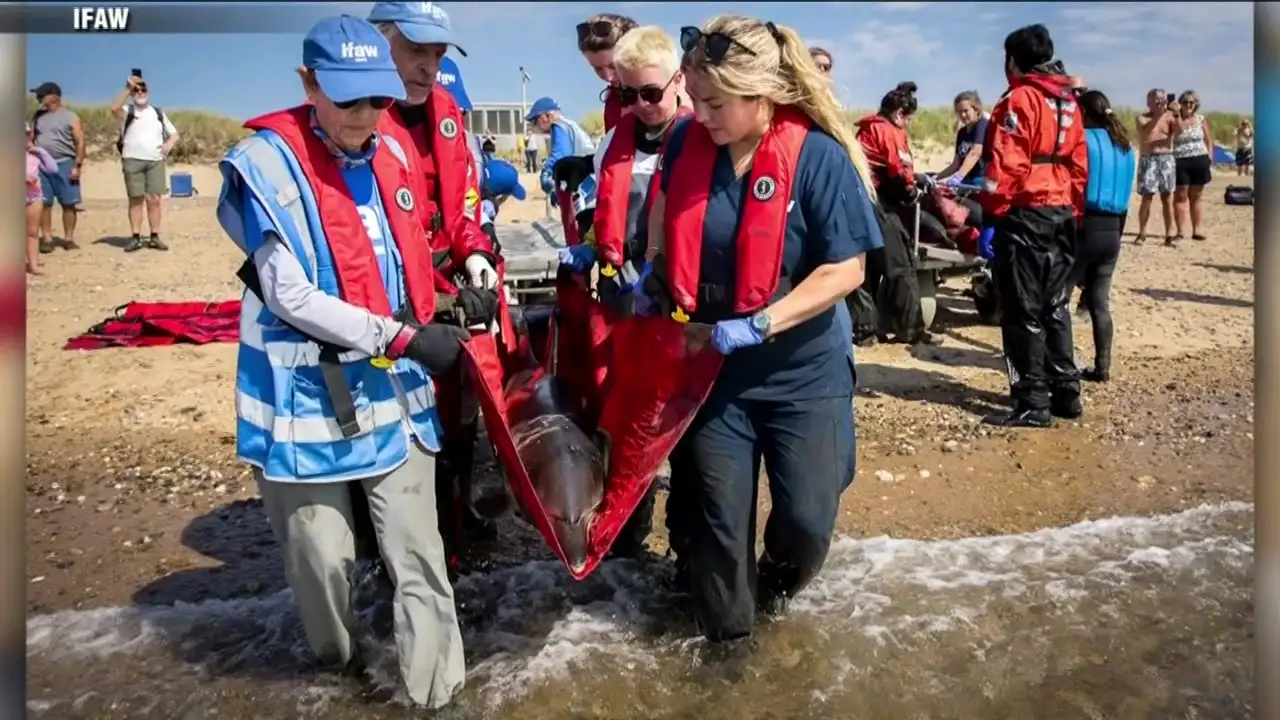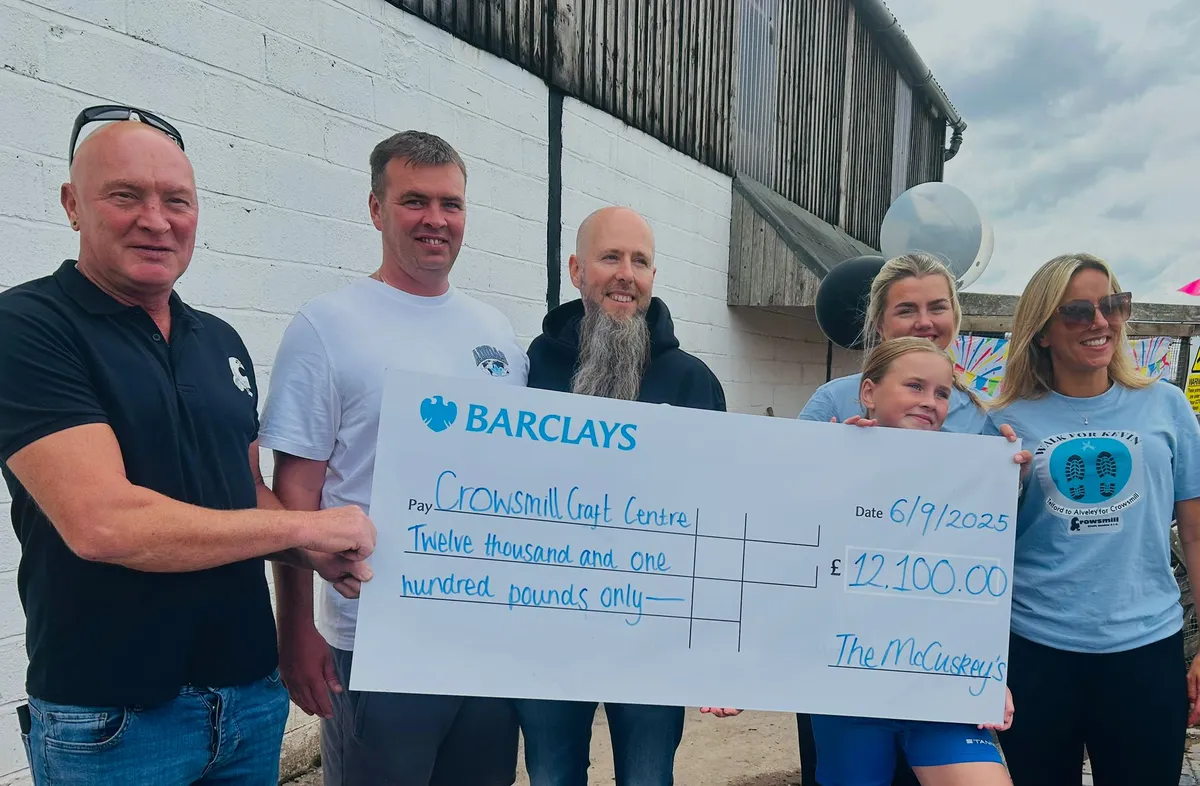By Daily Statesman
Copyright dailystatesman

By Isabella Agyakwa
Motherhood is often painted as a natural, almost inevitable chapter in a woman’s life. Yet, for many, it’s anything but linear. While some step into it with ease, for others, it remains an elusive dream marked by longing, medical appointments, and emotional endurance.
39-year-old Amiyo Andoh knows this too well. Married for 15 years, she has weathered the quiet ache of waiting each month bringing a mix of hope and heartbreak. “People assume it just happens, but for some of us, it doesn’t; not easily. In a few months, I will be in my forties, and, still, I have not been able to conceive. I sometimes feel frightened and ask, ‘God, will it ever happen?’ But I am not giving up on my quest for a child,” she said.
Amiyo and her husband had agreed to wait a couple of years after their wedding before starting a family. “I did not want to start having kids immediately after my wedding. I gave myself at least two years because I wanted to work and give myself a bit of time. Even though my husband didn’t agree initially, he eventually supported my decision,” she explained.
But when they began trying to conceive three years into the marriage, things took a turn. Hopeful for answers, the couple visited a hospital. Tests showed minor concerns: an infection and a low sperm count, both treatable. Other than that, they were medically fine.
Still, the years passed, and while Amiyo is grateful to have a supportive husband and understanding in-laws, the emotional journey has been anything but easy.
A report by the World Health Organization (WHO), titled “Infertility Prevalence Estimates, 1990–2021,” reveals that approximately one in six adults globally experienced infertility at some point in their lives, affecting about 186 million people. The rate is consistent across high-, middle-, and low-income countries.
While Ghana lacks an up-to-date, national report from the Ghana Health Service specifically on infertility, studies estimate that between 12% and 17% of Ghanaian women experience infertility. According to the Ghana Statistical Service (GSS) General Report Volume 3H (2022), fertility rates have declined over the years, dropping from 6.4 children per woman in 1988 to 4.2 in 2014.
Physical and psychological toll
Amiyo’s journey has not only been physically draining but psychologically traumatic. Desperate for a solution, she turned to alternative medicine and unsafe remedies.
“I’ve even taken some medicines, including one that smelled like gutter, all in the name of looking for a child. I’ve been to a local herbalist who claimed my womb had shifted and needed to be reset. The trauma I went through with that treatment, my husband had to tell me to stop,” she said.
In a deeply religious society like Ghana, where many turn to faith for healing, Amiyo found herself further distressed by the very institutions meant to provide comfort.
“I can remember someone went to tell my pastor she had a dream about me. She said the reason I haven’t been able to conceive is because God revealed to her that I’d had an abortion before. It was a lie—but it broke me,” she recalled.
Then there’s Joyce Boateng, who once stood in similar shoes. For eight years, she battled the silence of empty cribs and the sting of insensitive questions. Today, she holds her toddler with a mix of joy and disbelief. “I don’t take a single moment for granted,” she says.
Recounting her struggles, she disclosed how she went through four miscarriages and because of their situation, the husband had an extra marital affair which produced a child, implying he was not the problem, and spending more time with his child.
Joyce narrated how she once had an altercation with another lady, and was tagged barren. “I felt hurt and during that phase of my life, I felt less of a woman.” Despite the psychological toll, she found solace in a community of positive women that encouraged her to keep her faith and hope alive.
After nearly losing all hope, she even considered divorce. But a surprising reconciliation with her husband changed everything. “He came back unexpectedly, wanting to fight for our marriage. Weeks later, I conceived. It felt like a miracle,” she says.
Weighing in on the psychological toll on victims, Dr Joseph Danso, a Fertility Specialist, who has been practicing for 10years, acknowledged the pressure mounted on them by in-laws, the church, and some members of the public.
“That is where the stigma begins,” he said, adding that the so-called loved ones begin to talk behind the victims and go the extra mile by prescribing medications. Herbalists, and prophets further propound the troubles of the victims “but the disadvantage of this is that they normally come back when the case is worse.”
He shared the case of a woman with fibroids who delayed surgery due to misinformation. “She believed the fibroid was dissolving because of the clots during her menstruation, but a physical examination revealed it was still there. These misconceptions are dangerous.”
“Before I diagnosed her on the fibroid, I asked her when did she see this fibroid. She said she’s seen it for about four years. But she’s been on medication and the fibroid has come out,” he further disclosed.
Sharing his observation from years of practice, he said, “What I’ve noticed within this period of practice is that most couples don’t normally enjoy sex anymore. They only want to meet when they feel like doing so. This is because they feel like, ‘I’ve had sex for some time and I’m not seeing anything. I don’t know the reason why I should go ahead and have sex again’.”
“When it happens like that, the excitement that the couples are supposed to have in their home is not there. Some couples see themselves as strangers at this point; in turn, the couple may only want to be intimate only when the lady is ovulating,” Dr. Danso added.
He further disclosed that the level of stigma cuts deep to the extent that the victims feel so ashamed and less of themselves to the point of delaying treatment. According to the specialist, for those who still keep their hopes alive, “most of the time they look out for facilities that are not close to the roadside or facilities that are far from their home or from the vicinity so that they can seek help over there.”
“I’ve encountered a lot of cases like that, and sometimes they don’t even want the nursing staff to know the conditions they came with because they have the mindset that nurses are gossips,” Dr. Danso stated.
Hope/ medical realities
After a recent medical check-up, Amiyo received news that complicated her journey to motherhood: she was diagnosed with a low ovarian reserve (low egg count) and multiple uterine fibroids. Now scheduled for surgery, Amiyo remains undeterred.
“I am still holding on to my faith, believing that, one day, I will have my own child,” she shared, her voice resolute despite the emotional toll.
At the heart of the issue lies a complex web of causes many of which are often misunderstood. Dr. Danso, who has worked with numerous patients navigating the challenging road to parenthood, explained that both women and men can be affected, although women frequently bear the emotional and social burden.
In women, infertility is commonly caused by ovulation disorders, which may result from conditions like polycystic ovary syndrome (PCOS), hormonal imbalances as well other contributing factors, including damage or blockages in the fallopian tubes, which may be due to infections such as pelvic inflammatory disease or medical conditions like endometriosis. Abnormalities in the uterus or cervix, such as fibroids, polyps, or congenital issues like a misshaped uterus, can also interfere with conception and pregnancy.
Although it’s widely known that fertility declines with age, particularly after 35, Dr. Danso highlights a growing concern: more women under 30 are now experiencing similar challenges, suggesting that age is not the only factor at play.
For men, fertility issues often stem from a low sperm count or poor sperm quality, but the causes go beyond numbers. Testicular disorders, hormonal imbalances like low testosterone, and problems with ejaculation, including conditions where semen flows backward into the bladder, can all impair fertility. In some cases, there may be physical blockages in the reproductive tract or genetic abnormalities. The most severe male infertility cases involve azoospermia, a condition where no sperm at all is present in the semen.
While the causes may be complex, many cases of infertility can be treated with proper diagnosis and expert care. Dr. Danso explains that conditions like PCOS can often be managed with medication, while endometriosis may require both medication and surgery. Tubal blockages, depending on their severity, may also be addressed surgically, although the success rate is typically about fifty percent, especially when both fallopian tubes are blocked.
In situations where natural conception is not possible, assisted reproductive technologies offer hope. One option is Intrauterine Insemination (IUI), typically recommended when a man has a low sperm count or when a woman is dealing with mild endometriosis. In this procedure, the woman is given medication to stimulate egg production, the man’s semen is washed and prepared, and then it is inserted directly into the uterus to improve the chances of fertilization.
In Vitro Fertilization (IVF) takes the process a step further. Eggs are retrieved from the woman’s ovaries, fertilized with the man’s sperm in a lab, and the resulting embryo is then transferred into the uterus.
Dr. Danso explains the distinction clearly that while IUI involves fertilization inside the body, IVF allows it to happen in a controlled environment outside the body before implantation. For couples facing more severe reproductive challenges, such as a woman with complete ovarian failure or a man with azoospermia, the use of donor eggs or sperm may be the only option for conception.
Despite the complexity of her case, Amiyo is not without options. According to Dr. Danso, with close monitoring and the right interventions, there is still a path to motherhood for her.
Ending the stigma
He also emphasized a shift in terminology, saying, “We now prefer the term sub-fertility over infertility. It reflects the belief that most cases can be managed or overcome with time and support.”
While programmes specifically targeting stigma reduction remain limited, Dr. Danso believes it’s time for collective action. “We need media, churches, and schools to normalize conversations about reproductive health. Infertility is not a curse. It is a medical condition that needs understanding, not judgment.
He advises those struggling to seek professional help and avoid suffering in silence because “specialists are ready to assist you to go through this.”
Amiyo and Joyce agree. “Anyone going through this needs love, not pressure. Families and society should stop insulting or blaming women. All hope is not lost.”
The stories of Amiyo and Joyce are stark reminders that while motherhood may be universal, the road to it is not smooth always. Some tread it easily; others must fight every step of the way against biology, stigma, and sometimes, even their own doubts.
About The Author



